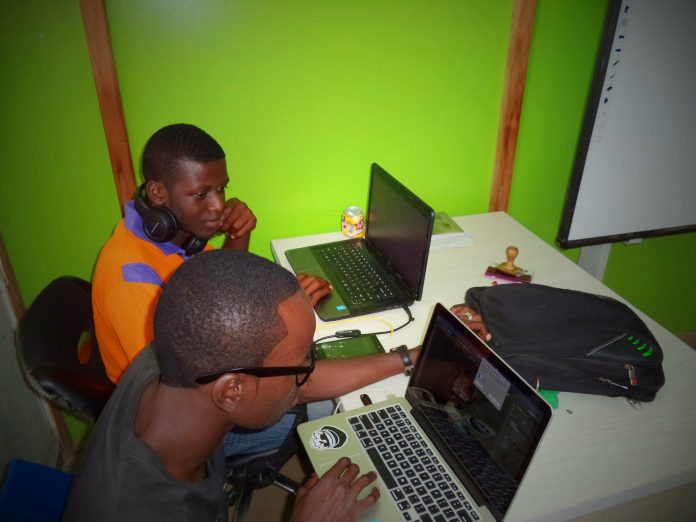It worked like this: a company calling itself St Michael’s Foundation, which is a fake version of the reputable St Michael’s College and St Michael Foundation, sent out invitations to young Africans via student-popular social media sites, such as WhatsApp and Facebook, asking for applications for scholarships to study overseas.
The process included an English-language assessment test, which cost candidates 10,500 naira (approx £20/€22) to receive. However, the PINs sent to the students to access the test expired so quickly that they often had to re-apply at least once and often more times before they were able to access the test, paying again each time. There was also a ‘prep test’ applicants were encouraged to take, for an additional fee. After completing the poorly written test and receiving their score, they were told they would get their acceptance letter from their preferred university within 30 days.
Of course, it never came.
The scam was launched back in December 2020, with a deadline of 11 January 2021, so would-be students felt the time-limit pressure to apply and the dodgy, ‘borrowed’ pictures and copy from other sites was convincing enough to take them in.
Somehow, the scammers managed to get through the checks set up by PayStack, the common online payment portal in Nigeria, to look as though it was legit, and funds must have been deposited in a separate bank account or financial fund, bypassing PayStack entirely.
“When we became aware of this merchant’s questionable activity, we deactivated their account immediately and are working with their bank to investigate this incident,” Paystack wrote in an email to Quartz Africa.
Students take note: if something seems to be good to be true, it probably is. A cruel and sad lesson to learn.





